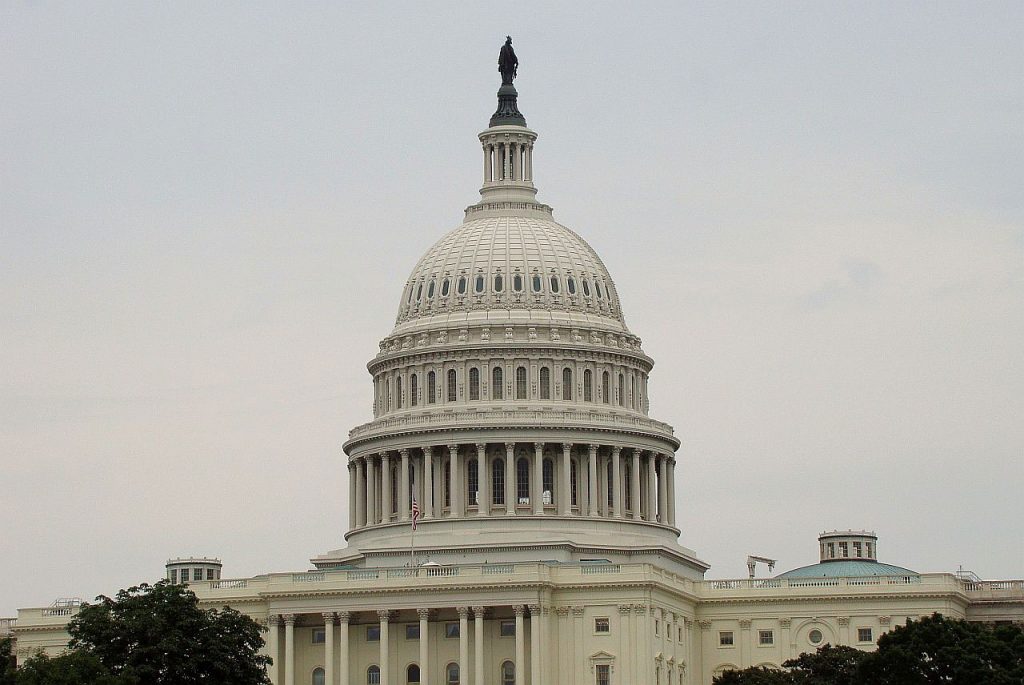

WASHINGTON, D.C. — As gas prices hit a record high of $5 per gallon nationally, U.S. Senator Kevin Cramer (R-ND), member of the Senate Banking Committee, joined Banking Ranking Member Pat Toomey (R-PA) and all Senate Banking Committee Republicans in sending a letter to the Securities and Exchange Commission (SEC) asking them to provide more information related to its 500-page proposed climate disclosure rule.
“This sweeping, close to 500-page proposed rule is unnecessary and inappropriate, exceeds the SEC’s mission and expertise, will harm consumers, workers, and the entire U.S. economy at a time when energy prices are skyrocketing, and hijacks the democratic process in determining U.S. climate policy,” wrote the senators. “Furthermore, the SEC’s sweeping proposed climate disclosure rule will impose enormous costs on the entire U.S. economy if it goes into effect. Coupled with Biden administration policies that have been hostile to traditional energy, the SEC’s proposed rule will discourage capital investment in oil, natural gas, and other energy industries at a time when inflation is at a 40-year high and energy prices are skyrocketing. It will also force significant job losses within one sector of the economy when it is not the proper role of the SEC to be directing capital allocation.”
The senators requested the SEC submit answers to a number of detailed questions, including: whether the SEC has evaluated the costs associated with the proposed rule, including on energy prices; whether the SEC has made efforts to minimize the First Amendment concerns associated with the proposed rule; and whether the SEC coordinated with any other Federal agencies on the policies contained in the proposed climate disclosure rule.
Banking Committee Republicans also requested that the SEC preserve and turn over a number of records related to the proposed climate disclosure rule, including emails and text messages between the SEC and the White House, U.S. Environmental Protection Agency (EPA), Financial Stability Oversight Council (FSOC), and others, including individuals and entities outside the Executive Branch.
In April, Senator Cramer led his Senate Banking Committee Republicans in sending a letter calling on SEC Chairman Gary Gensler to withdraw the agency’s proposed climate disclosure rule, citing concerns about the SEC’s lack of regulatory authority in the climate change space, the significant compliance burdens on public companies, and the rulemaking’s likely consequence — capital outflows from domestic fossil fuel producers when energy prices for Americans are skyrocketing.
“Unfortunately, the SEC’s proposed climate disclosure rule is just the latest example of a financial regulator hijacking the democratic process by straying into a contentious public policy issue wholly unrelated to its mission and expertise. Addressing matters like global warming requires political decisions involving tradeoffs. In a democratic society, those tradeoffs must be made by elected representatives, who are accountable to the American people, not unelected financial regulators,” concluded the senators.
Joining Senators Cramer and Toomey are Senators Richard Shelby (R-AL), Mike Rounds (R-SD), Tim Scott (R-SC), Mike Crapo (R-ID), Thom Tillis (R-NC), John Kennedy (R-LA), Bill Hagerty (R-TN), Cynthia Lummis (R-WY), Jerry Moran (R-KS), and Steve Danies (R-MT).
Click here to read the letter.